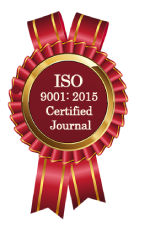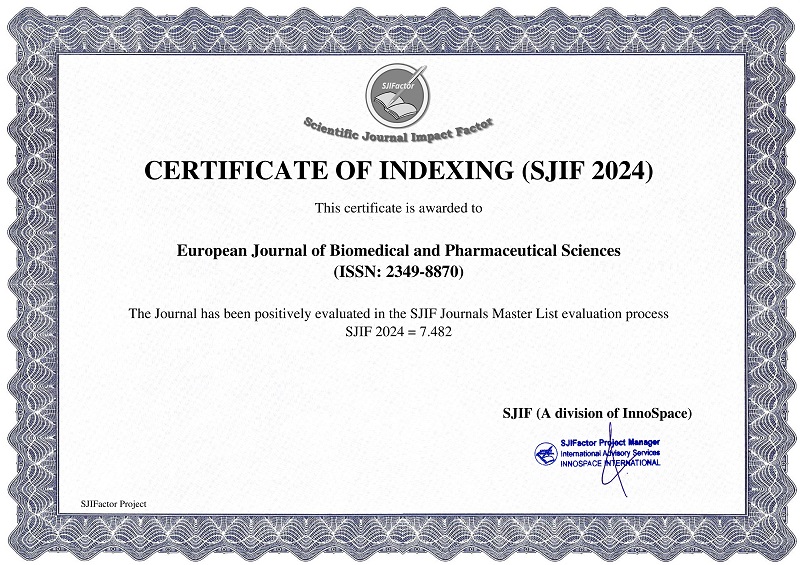USING "REVERSE PHARMACOLOGY" TO CREATE A PLANT DRUG THAT FIGHTS MALARIA
*Atharva Bharat Karale and Vinod Patil
ABSTRACT
After six years of study, a novel standardised herbal anti-malarial is created in Mali using a "reverse pharmacology" strategy to producing an anti-malarial phytomedicine. The initial step is to choose through a retrospective treatment-outcome investigation, a development therapy. The second phase is choosing the safest and most effective dose by a dose- escalating clinical experiment that demonstrated a dose-response phenomena. A randomised controlled trial was the third step, which compared the phytomedicine to the conventional first-line therapy. Finding active substances that can be utilised as markers for standardisation and quality control was the final step. This illustration of "reverse pharmacology" demonstrates that standardised phytomedicines can be created more quickly and affordably than traditional medications. Even though both methods are Despite not being completely similar, their effectiveness in promoting public health and their complementarity should be carefully taken into account. It Describes and evaluates the reverse pharmacology approach for Malarial Plant Drug.
Keywords: Reverse Pharmacology, Antimalarial Phytomedicine, traditional medicine, Argemone Mexicana decoction, soumaya, kono, artemether Lumefantrine.
[Full Text Article]
[Download Certificate]


 Impact Factor : 8.181
Impact Factor : 8.181 






